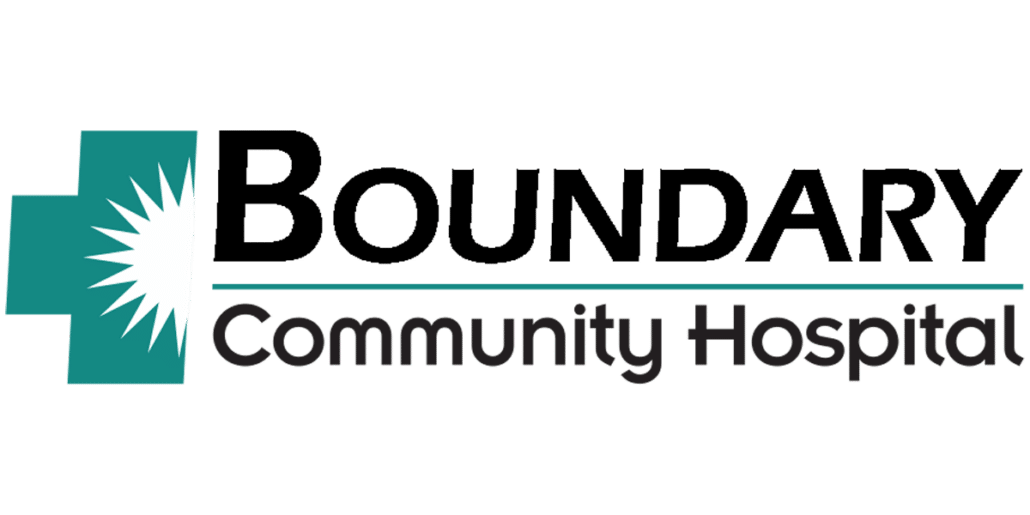Prescription for Wellness from Boundary Community Clinics
Start the Conversation about Advance Directives
By: Janet Lukehart, FNP-C
Healthcare decisions can often be complicated and confusing even under the best of circumstances. Unexpected medical issues and emergencies may place you in a situation where you are unable to speak for yourself, leaving your family to make heathcare decisions for you. Under these circumstances, how will your family and medical providers know your preferences for life-saving efforts and treatment? This is where an Advance Directive comes in.
Stated simply, an Advance Directive shares your healthcare wishes, should you become incapacitated and unable to express yourself. You specify the medical treatments you would want provided or withheld, and designate who is permitted to make these medical decisions on your behalf. Most people decide their preferences based on personal values and conversations with loved ones. Should you change your mind, updates can easily be made by submitting a new form.
Three types of advance directives legally recognized in Idaho are the Living Will, the Durable Power of Attorney for Healthcare, and the Physician Orders for Scope of Treatment (POST). A Living Will is a written, legal document that spells out medical treatments you would and would not want to be used to keep you alive, and related decisions such as pain management or organ donation. In the absence of an advance directive, medical care providers are obligated to prolong your life, using artificial means if necessary. With a Durable Power of Attorney for Healthcare, you name the person who will make these decisions for you when you are unable. The POST replaces the traditional Idaho Do Not Resuscitate form and is a set of medical orders you ask your doctor to write. The POST is most applicable for those with terminal conditions.
The Advance Directive process need not be complicated nor expensive. Instructions and templates for advance directives are combined in a free document provided by the state of Idaho. Idaho also maintains an Advance Directive Registry. By filing your document with the registry your healthcare provider and loved ones will have ready access to your directive in a time of need. Visit https://sos.idaho.gov/hcdr/ for more information. Other free and low-cost resources are available at AgingWithDignity.org, CaringInfo.org and HonoringChoicesIdaho.org.
If you do not already have an Advance Directive and would like more information and/or forms, please stop by the Start the Conversation about Advance Directives exhibit area at the Hospital’s Annual Health Fair on May 12, 2018. Your actions now might well save your family members stress and emotional turmoil in the future, and assure your healthcare choices are met.
Janet Lukehart is a primary care Nurse Practitioner at Boundary Community Clinics.

